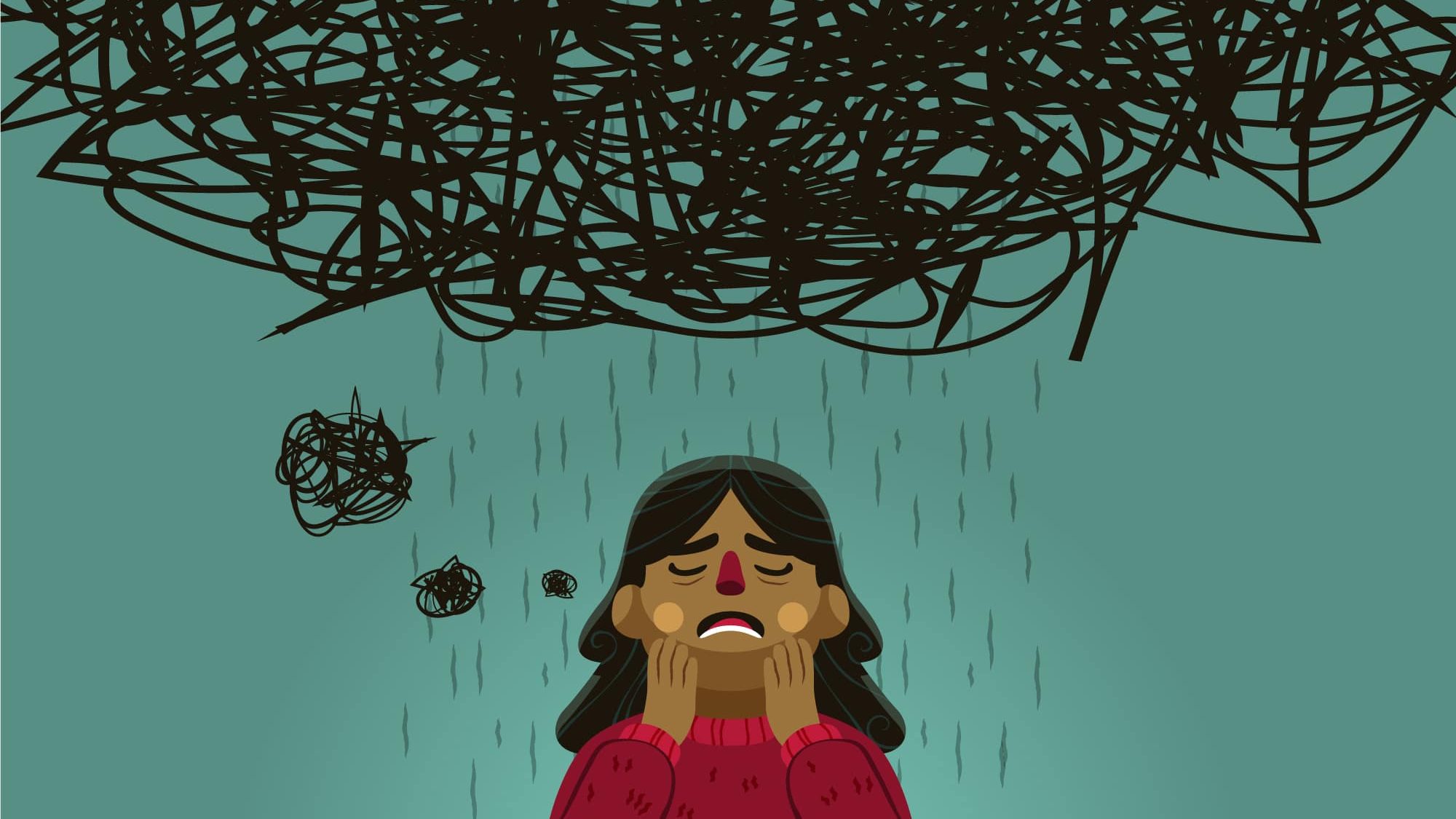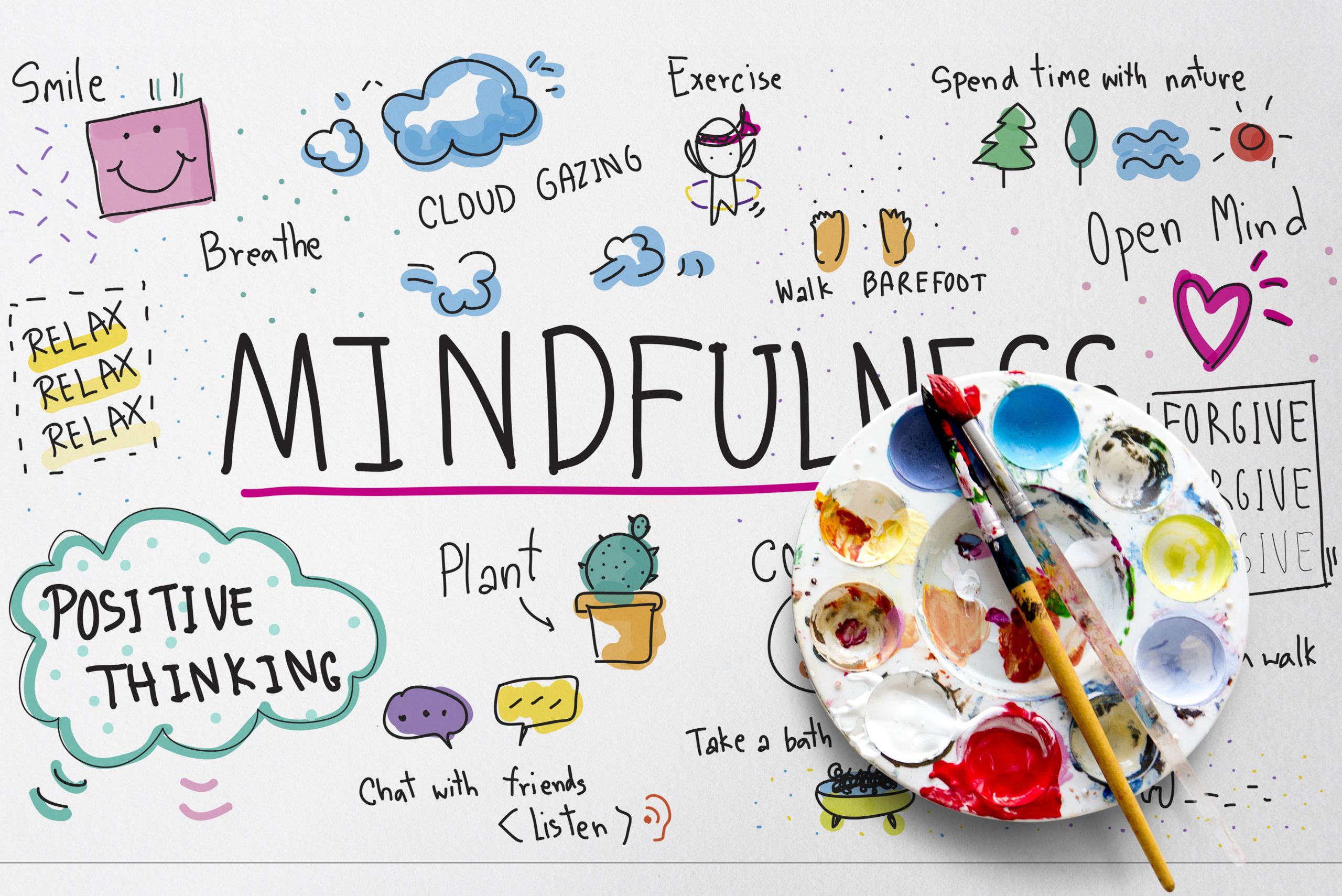Although mood swings are a normal human experience, they can be confusing and difficult to control. These emotional swings can have an impact on our relationships, day-to-day activities, and general well-being. We will go into the topic of mood swings in this post, looking at their causes, impacts, and practical management techniques.

Understanding Mood Swings
What Are Mood Swings?
Mood swings are abrupt, frequently erratic changes in an individual’s emotional state. These swings might range from intense melancholy and irritation to feelings of euphoria and delight. Although mood swings are common and sometimes dramatic, they might be reason for concern when they occur frequently.
Causes of Mood Swings
Mood swings can be triggered by various factors, and understanding these causes is essential for managing them. Some common factors include:
Stress and Anxiety: Anxiety and stress at high levels can cause mood swings. Emotional instability can be exacerbated by personal issues, work pressures, and the stresses of daily life.
Hormonal Changes: Mood swings can result from hormonal changes, such as those that occur during menstruation, pregnancy, or menopause.
Sleep Deprivation: People who don’t get enough sleep may experience emotional instability and become more prone to mood swings.
Common Triggers
Those who are aware of the typical mood swing causes will be better able to predict and control their emotional swings.
Stress and Anxiety
Life will always involve stress, and in moderation, it can even be inspiring. Severe mood fluctuations, however, might result from ongoing stress and worry. It can be quite beneficial to learn how to control and lessen stress by practicing mindfulness and relaxation practices.
Hormonal Changes
Mood swings are directly linked to hormonal fluctuations, especially in women. Understanding the rhythms of your hormone cycle will make it easier for you to deal with these swings.
Sleep Deprivation
Our mental and physical health are both impacted by sleep deprivation. Making good sleep a priority can greatly lower the risk of mood swings.
Impact on Daily Life
Mood swings can significantly affect a number of areas of our everyday lives.
Relationships
Mood swings that are unpredictable can affect relationships with partners, friends, and family. To manage these difficulties and preserve wholesome relationships, effective communication and empathy are essential.
Work and Productivity
Mood fluctuations can impair work performance and productivity. Finding strategies for efficient emotion management at work is crucial.
Coping Strategies
Mood swing management entails using self-care strategies in addition to, occasionally, getting professional assistance.
Self-Care Techniques
Emotional stability depends on self-care practices including getting adequate sleep, eating a balanced diet, and exercising frequently.
Seeking Professional Help
In extreme situations, getting help from a therapist or counselor may be required to address underlying problems causing mood swings.
Balancing Your Mood
Balancing your mood requires a holistic approach.
The Role of Diet and Exercise
Emotional stability can be greatly impacted by eating a balanced diet and exercising frequently.
Mindfulness and Meditation
People can learn to better understand and control their emotional states by engaging in mindfulness and meditation practices.
Tracking Your Moods
Maintaining a mood diary can help people identify trends and situations that lead to mood fluctuations, giving them more emotional control.
Managing Relationships
Open communication and empathy are key to preserving positive relationships throughout mood fluctuations.
When to Seek Help
You should seek professional help and assistance if your life and well-being are severely affected by mood fluctuations.

Conclusion
In summary, mood swings are a normal aspect of being human, but they can be efficiently controlled. People can ride the emotional rollercoaster more easily if they know what causes them, know what triggers them, and have coping mechanisms. Recall that getting expert assistance is a legitimate and frequently required first step in controlling extreme mood swings.
Frequently Asked Questions (FAQs)
Are mood swings normal?
Yes, experiencing occasional mood swings is entirely normal. However, frequent and severe mood swings may require attention.
Can mood swings be caused by medical conditions?
Yes, certain medical conditions, such as bipolar disorder, can lead to intense mood swings. It’s essential to consult a healthcare professional if you suspect an underlying medical cause.
What role does exercise play in managing mood swings?
Regular exercise can help regulate mood by releasing endorphins, the body’s natural mood lifters.
How can I track my moods effectively?
Keeping a daily journal of your emotions, events, and triggers can help you identify patterns and effectively manage your mood swings.
When is it time to seek professional help for mood swings?
If mood swings are severely impacting your daily life, relationships, or well-being, it’s advisable to seek the assistance of a mental health professional for evaluation and support.










